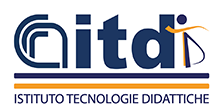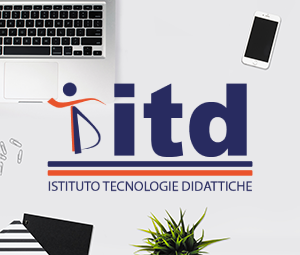Framework
The inspiring science educational project aims at contributing to the implementation of the "Digital Agenda for Europe and in particolar to Action 68" Mainstream eLearning in national policies for the modernisation of education and training , including in curricula , assessment of learning outcomes and the professional development of teachers and trainers, and to do so in line with the recommendations of the Rocard Report "A new Pedagogy for the future of Europe " , that sets the basics for the introduction of the Inquiry Based approach in the science curricula of Member States .
Objectives
The Inspiring Science Education project will design, plan and implement large-scale pilots to stimulate and evaluate innovative use of existing eLearning tools and resources (e.g. interactive simulations, educational games, VR and AR applications, modelling and data analysis tools, eScience applications, as well as , digital resources from research centres, science centres and museums) for scientific disciplines and technology, enhancing science learning in 5,000 primary and secondary schools in European Counties.
Workplan
The Inspiring Science Education innovation building methodology includes evaluation metrics and benchmarking activities, on the design and deployment of innovative Science learning practice and school organization change. The project will use the proposed eLearning tools and resources, coupled with an evaluation wramework, evaluating progress on learning achievements, based on the PISA 2012 Framework for the assessment of the problem solving competence of the students, teacher professional development and school organization change.
Expected results
Give the basis for the validation of the introduction of technology-supported educational innovation in European schools, so that piloting and field testing results can be collated and analyzed systematically and then disseminated widely, thus ensuring real impact and widespread uptake.
 Italiano (Italia)
Italiano (Italia)  English (United Kingdom)
English (United Kingdom) 

